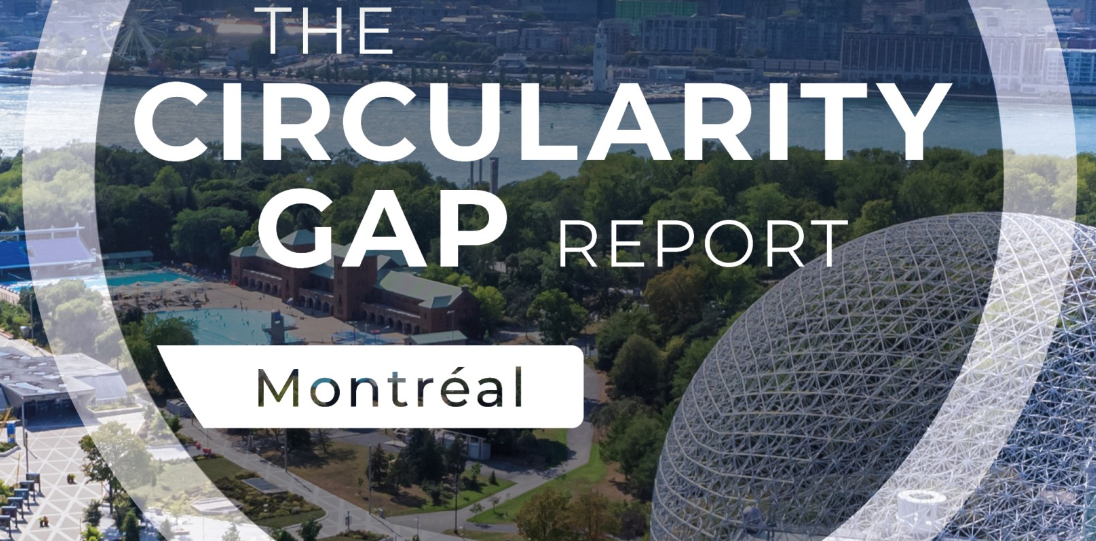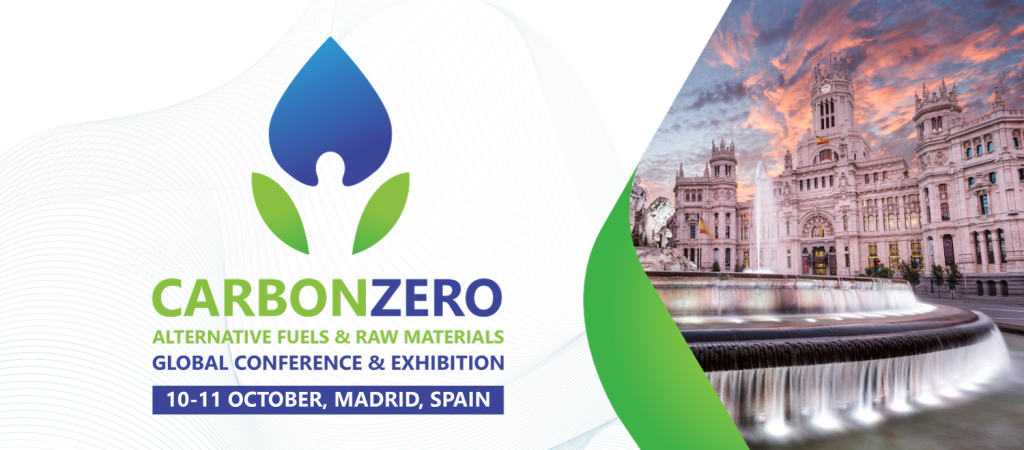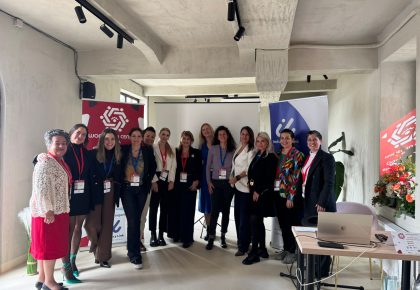
Last summer, Montréal, Canada, was making headlines for unfortunate reasons. Wildfires ravaged Québec’s forests, temporarily earning the city the title of ‘world’s worst air quality’. This was a stark contrast to its reputation as ‘North America’s most sustainable city’. However, there is hope for the upcoming summer of 2024, thanks to the recent adoption of Ville de Montréal’s new circular economy roadmap. The circular economy, which emphasizes reducing material use, recycling products, and regenerating nature, is increasingly vital to the climate agenda. Research suggests that worldwide adoption of circular strategies could limit global temperature rise to well below 2-degrees while also reducing pressure on the planet’s resources. The recent Circularity Gap Report Montréal, produced by Circle Economy in collaboration with Ville de Montréal, highlights the promise of city-level circular initiatives.
Before We Can Manage, We Must Measure
Measuring a baseline state and modeling the benefits of various circular interventions are crucial for cities to set targets and ensure progress. Ville de Montréal recognizes this, with Mayor Valérie Plante emphasizing the importance of data-driven decision-making. In 2022, Montréal worked with Circle Economy to uncover its baseline and highlight key action areas and stakeholders, guiding the content of its draft circular economy roadmap. The Circularity Gap Report Montréal, launched in May, revealed a Circularity Metric of 3%, slightly below Québec’s 3.5% but above Munich’s 2.4%. Montréal’s residents consume around 27 tonnes of materials per capita each year, well below the Canadian average of 36 tonnes per capita but far above the sustainable global target of 8 tonnes per capita.
The report quantified the impact of circular economy measures, allowing the city to finalize its roadmap and set priorities. The construction sector emerged as the most impactful lever for change, with measures like reusing and prolonging the lifespan of buildings having the potential to cut material use by 12% and reduce carbon emissions by 9%. Montréal aims to double its circularity to 6% by 2030 and reach 17% by 2050.

Transformative Goals for a Circular Transformation
Montréal’s goal of becoming 6% circular by 2030 is informed by the Circularity Gap Report, which suggests that rolling out circular solutions could reduce material use by more than a third and cut the city’s carbon footprint nearly in half. The 2050 target of 17% aligns with Circle Economy’s mission of doubling global circularity to limit global temperature rise. Marie-Andrée Mauger, responsible for ecological transition at Ville de Montréal, emphasized the report’s importance for mobilizing Montréal’s entrepreneurial forces around ambitious ecological and economic goals.
A Legacy of Circular Canadian Cities
Montréal is a frontrunner in the circular economy transition, but it is not alone. Circle Economy and the David Suzuki Foundation worked with Toronto in 2021 to uncover its circular landscape. Toronto is now developing a roadmap of its own. Other cities, like Richmond in Metro Vancouver, are following suit, with a Circularity Gap Report expected later this year. This growing ecosystem of circular cities emphasizes collaborative learning, as noted in Montréal’s roadmap.
At Circle Economy, the team is excited to continue working with Montréal as it becomes a circular city.
Learn More
Circle Economy, based in Amsterdam, enables businesses, cities, and nations to implement practical and scalable circular solutions. They envision an economic system where the planet and people thrive, aiming to double global circularity by 2032. Read the full Circularity Gap Report Montréal and learn how to request a Circularity Gap Report for your city, region, or nation, here: CGR Montreal (circularity-gap.world)
This news is sourced from this website CGR Montreal (circularity-gap.world) and from the Circle Economy Newsletter Text by Ana Birliga Sutherland (Writer & Editor, Circle Economy) & Luba Glazunova (Communications Specialist, Circle Economy).
Do You Want to Explore the Future of Sustainable Building? Join Our Key Industry Events.
Find out more about the future of building sustainably. Discover the latest in cement industry innovations, best practices, and decarbonization efforts at our upcoming events – join us to shape a greener world!
Dive into our calendar of events, featuring CarbonZero Global Conference and Exhibition 2024 in Madrid, Spain; Women in Cement and Construction International Congress and Sustainability and ESG International Summit 2024 in Madeira, Portugal.
Sign up to our newsletter on industrylink.eu to receive the latest news and future events info as well as exclusive discounts.



